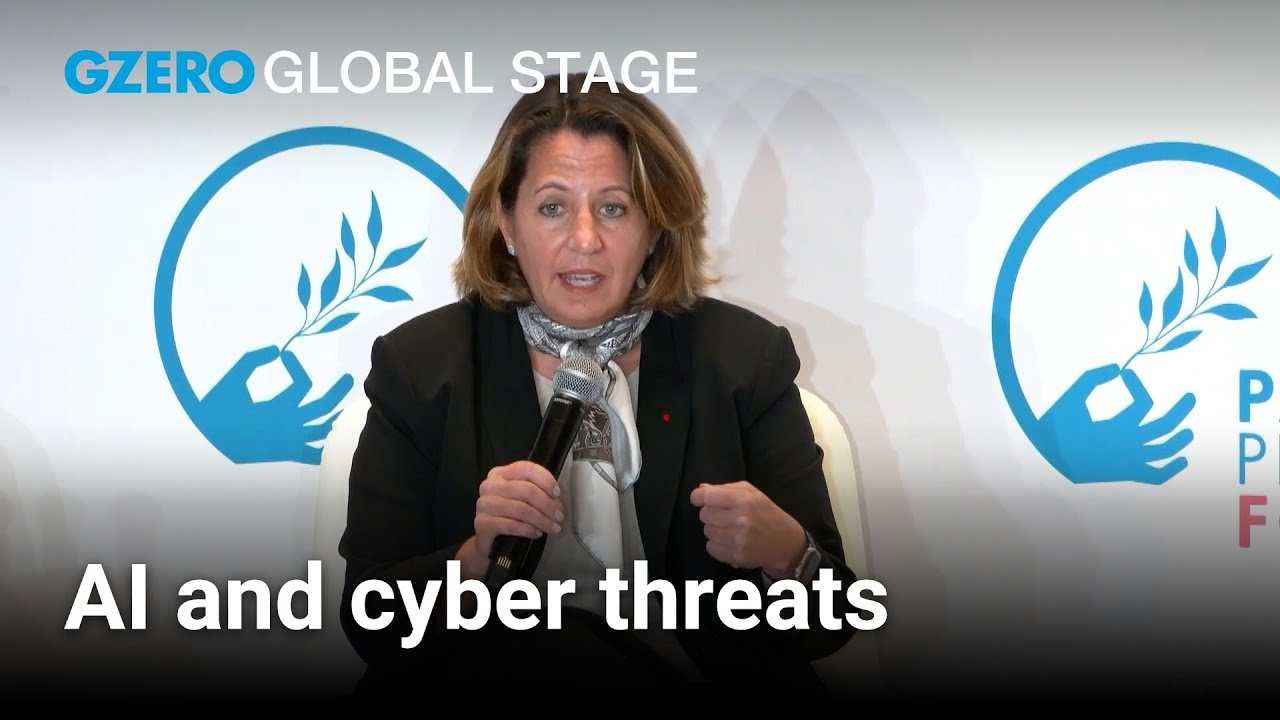25: Turkey’s currency has recovered a bit since taking a bruising earlier this year, but the country continues to face hard times economically. Inflation surpassed 25 percent in October, squeezing the pocket books of the country’s large middle class right as President Recep Tayyip Erdogan’s ruling AKP gears up for nationwide local elections next spring. Among many key races: the symbolically important mayoral posts in Istanbul and Ankara.
16: Newly released satellite footage shows that North Korea is continuing to develop its ballistic missile program at 16 test sites, calling into question claims from the White House that the nuclear threat posed by the reclusive dictatorship has been eliminated since Trump met with Supreme Leader Kim Jong-un earlier this year.
4: Africa’s urban population is expanding at 4 percent per year, nearly twice the global average, but many countries on the continent aren’t experiencing the rise in prosperity typically associated with rapid urbanization. That’s because, in contrast to the historical experience elsewhere, many of Africa’s new urban dwellers are being absorbed by the informal economy rather than higher paying manufacturing jobs.
3: More than 3 million refugees and migrants have fled Venezuela to date, according to new data from the International Organization of Migration. Colombia has borne the brunt of its neighbor’s economic collapse, taking in over one million Venezuelan migrants, followed by Peru (around 500,000), and Ecuador (220,000).
